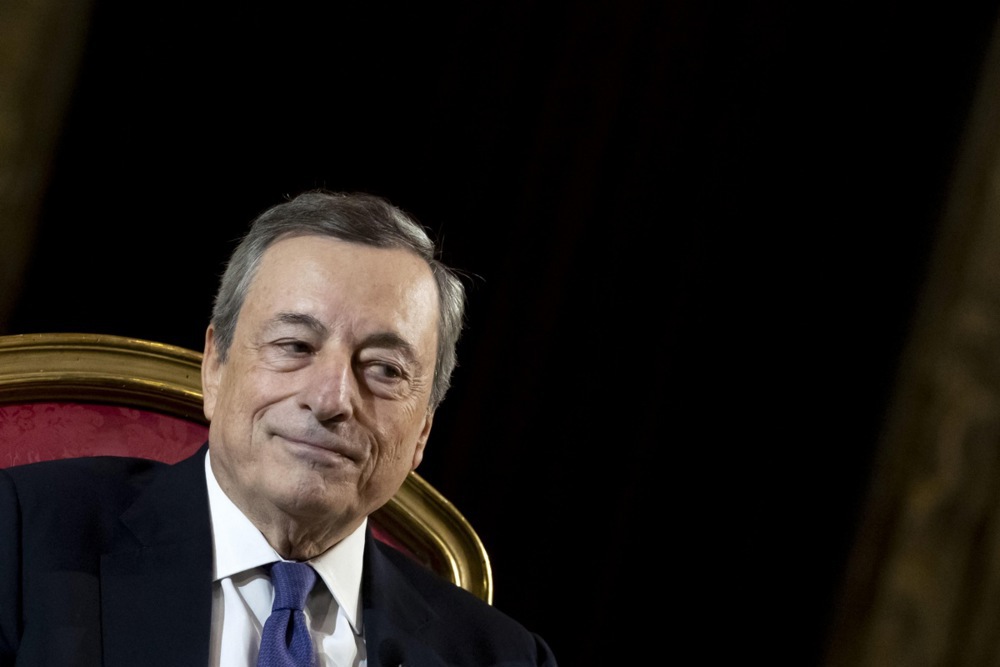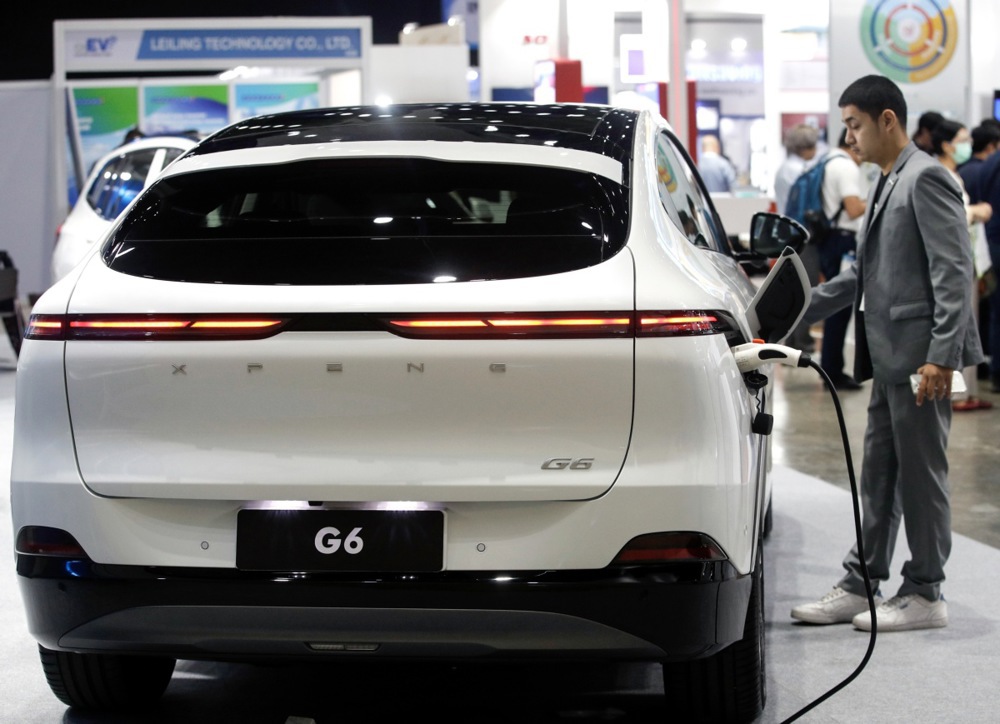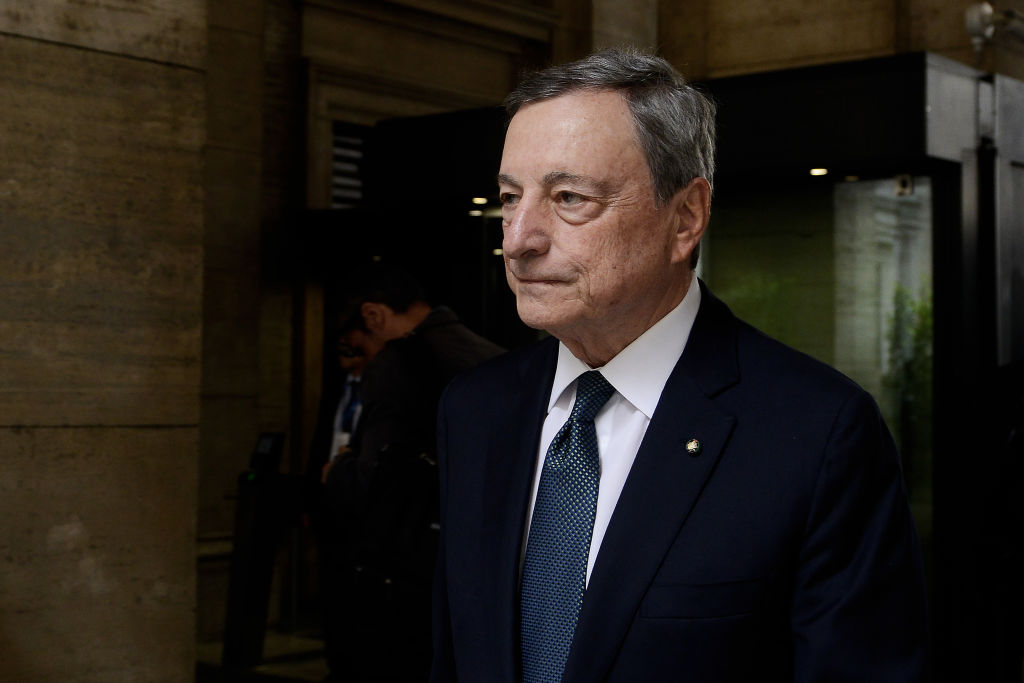The decline in Europe is “the normal consequence” of its decisions, Enrico Letta — EU rapporteur on the single market, former Prime Minister of Italy and President of the Jacques Delors Institute — has claimed.
Speaking at an October 2 event hosted by Forum Europa, an international economy forum, Letta pointed the finger at the EU for its economic downturn, adding that the bloc needs a wake-up call regarding the state of its economy
“It is not just a problem of the last 12 months”, he said. “There is a clear, declining trajectory and this decline is not by chance or suddenly happening.”
“It is the normal consequence of decisions that we took, or did not take, in the last thirty years.”
Letta, who wrote a key report on the Single Market in April, said he travelled across Europe to speak with a long list of people to discuss possible economic reforms for the bloc, adding that he noticed “a fatigue” when talking about integration on energy, telecom or financial markets.
He said there was “a problem” of national establishments wanting to “take back control” of these sectors.
“The reasons why we are losing ground is because [we are] keeping these markets non-integrated, which is making Wall Street, the Chinese happy and the Indians happy, all our competitors,” Letta said.
But in Europe itself, people were unhappy, “because we are not integrated.”
Letta referred back to how the European institutions worked in the 1980s, reasoning based on the cost of not having European cooperation, stating that the EU should return to this standard.
He noted that 80 per cent of what EU countries have spent to help Ukraine has been used to buy “non-European military goods, to create jobs in Michigan, Pennsylvania, South Korea, Turkey and not in Europe.”
Letta said that with each digital transaction, when European consumers buy European goods in European markets, they send fees to America, which dominates the digital financial transaction system, because of the lack of European competitors.
“It’s very telling that European savings leave Europe and go to the US, where the market is integrated. With that same money, American companies return to Europe to buy our European companies, with our money.”
He said there was a crucial time coming, referring to the European hearings and the start of the new legislature, calling it a time to act.
Former ECB boss Mario Draghi has called for more power to be handed to the EU to fight climate change and solve the bloc’s competitiveness crisis. https://t.co/0caQI0vklk
— Brussels Signal (@brusselssignal) September 9, 2024
“What von der Leyen did, using some ideas of my report, some ideas of [Mario] Draghi’s report and putting them in the roadmaps for the 26 Commissioners, using them for her speech in Strasbourg in July and having the confidence vote on this speech”, created “a clear mandate”, Letta said.
He said it was time to leave behind “nationalistic protectionism” and opt for “openness at the European level” and even eliminate “big mistakes” in the wording of the European debate.
For example, trans-border or cross-border mergers within the EU were problematic in his view, because “there are no more borders within the EU”.
According to Letta, the results of the Austrian elections, where the hard-right FPÖ party won, were one of the many indications that Europe “is plunged into political chaos everywhere”.
He went on to say that he “firmly” hopes that Donald Trump does not become president of the United States again.
“I think that the second Trump, I fear, will not be the first, he will be worse than the first, for many reasons”.
COMMENT: An FPÖ victory would be fuelled by the fact that Austria is far from being at its best. Illegal immigration and the woke agenda aside, the economy is shrinking while taxation is hindering growth, writes @BogdanosK. https://t.co/2MvF6xSyWr
— Brussels Signal (@brusselssignal) September 27, 2024





